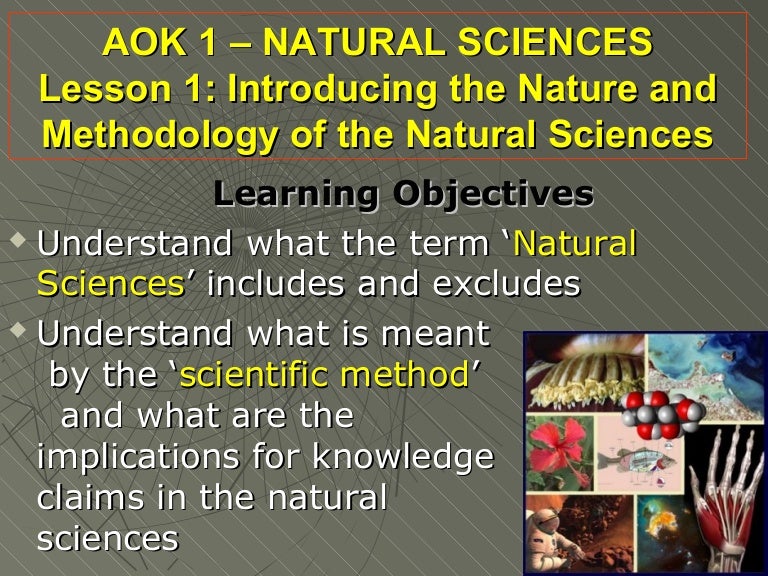

However, Kuhn also argued that from time to time, a scientific revolution occurs in which current theories are abandoned and completely new ideas take their place.Īlthough there is debate among scientists as to what constitutes a paradigm shift, the theory of evolution is widely accepted as a good example in biology. Kuhn agreed that scientific knowledge typically accumulates gradually, as new details are added to established theories. Radical changes in scientific ideas were given the name paradigm shifts by the philosopher Thomas Kuhn in 1962. Occasionally, scientific ideas change radically. Through many new discoveries over time, scientists gradually build an increasingly accurate and detailed understanding of the natural world.

They showed that Mendel's laws are part of a bigger picture. The new discoveries helped to explain why Mendel's laws applied to certain traits but not others. For example, when scientists discovered how genes control genetic traits, they didn't throw out Mendel's laws of inheritance. Ideas may be replaced with new ideas that better fit the facts, but more often existing ideas are simply revised. Scientists are always testing and revising their ideas, and as new observations are made, existing ideas may be challenged. Science is more of a process than a set body of knowledge. An understanding of how crossing-over works is essential to our understanding of inheritance because it explains why using Mendelian rules of inheritance does not always produce the correct ratios. McClintock worked with corn and, using the color traits in the kernels demonstrated how crossing-over is used to exchange information between chromosomes. Meiosis is how organisms produce reproductive cells (such as egg or sperm). \)) added to our understanding of inheritance in the 1950s by discovering how chromosomes exchange information during meiosis.


 0 kommentar(er)
0 kommentar(er)
